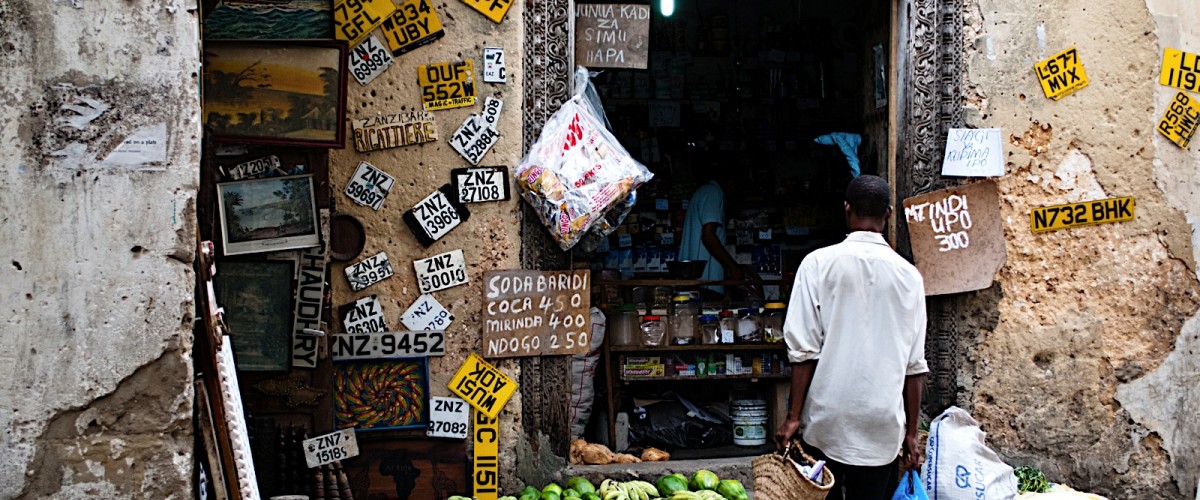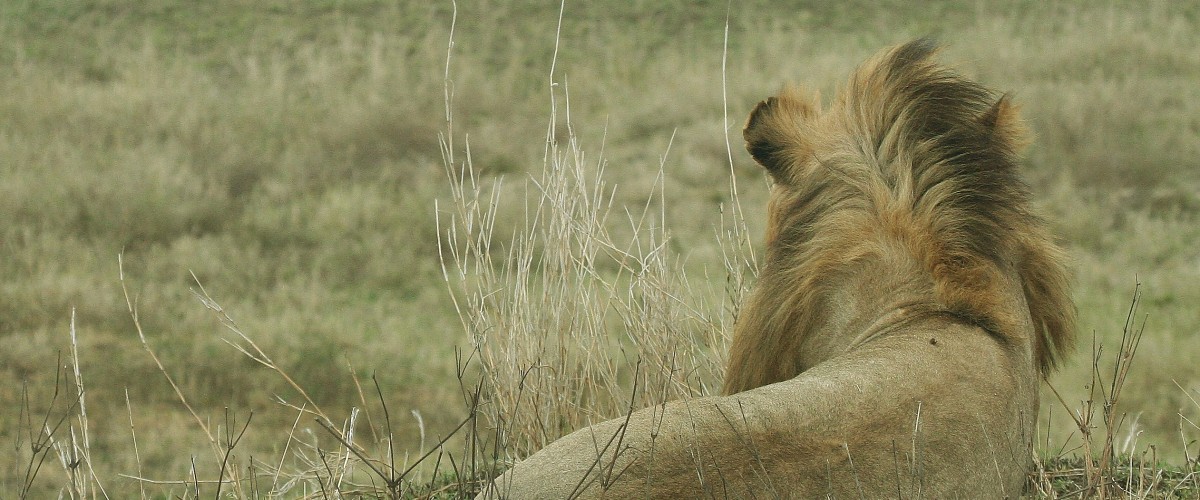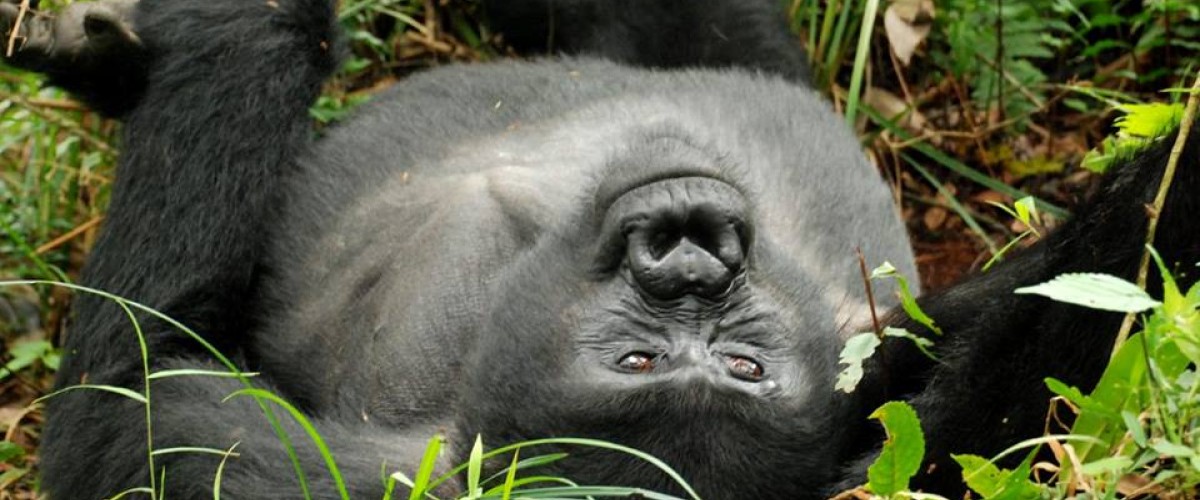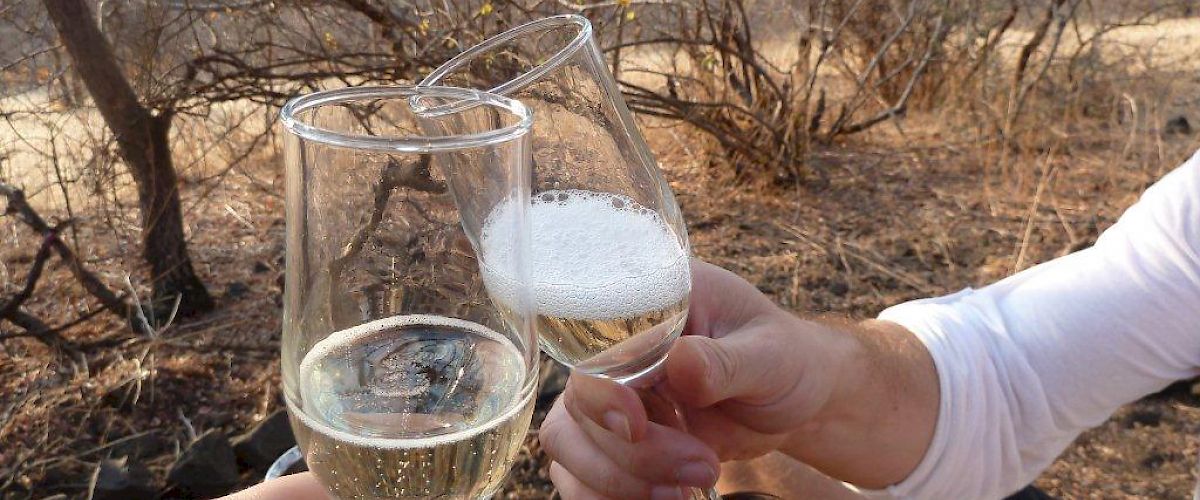Malaria prevention
Malaria prevention for children
Travel with children is rewarding, but the responsibility for observing signs and symptoms and providing treatment without medical advice are bigger. We are used to think about a number of diseases when our children get fever, but malaria is not one of them. In areas with malaria, it is an infection, which we need to keep in mind every time our children get sick.
Symptoms
It is difficult to get children to take malaria drugs, and the efficacy is reduced if the child do not get every dose or if half the dose is not swallowed. Fever is the only symptom in the beginning and small children cannot complain of headache and muscle pain. If there is not other obvious explanation for the fever, examination of a thick and thin blood film is necessary and should be done at most not more than 2 days after the fever started so not to miss an infection. If the first microscopy is negative and the fever continues, three blood films should be examined with not more than 24 hours in between before the diagnosis is disregarded. Concomitant intake of malaria drugs may blur the diagnosis and should be kept in mind when interpreting the results of the microscopy.
It is vital to get qualified medical help if a child develops a fever during or after a trip to a malarious region, even if you have done everything possible to avoid catching the disease.
Prevention
The most important malaria prevention and precaution against being bitten by mosquitoes is to cover up and to apply insect repellent. Your kids should have the right gear for their safari. Long sleeved shirts and long trousers are essential for early morning and evening. A child-friendly high concentration DEET repellent is available on the market.
Mosquitoes bite particularly at twilight and at night, so you should take most precautions during this time. Sleep in rooms that are properly screened with gauze over the windows and doors. There should be no holes in the gauze and no unscreened entry points to the room. Air-conditioned rooms are good, too.
Medication
Preventive medicines should be given to breastfed as well as bottle-fed babies because they are not protected by the mother’s medicine passing into the breast milk.
Chloroquine and Proguanil may be given safely to babies and young children, but the doses used are much smaller than those recommended for adults. It is very important to check with your pharmacist or doctor regarding the correct doses for children aged 12 years or under.
Mefloquine may be given from three months onwards. There is little experience with this medicine in children under three months or weighing less than 5kg and it is not recommended in these cases.
Doxycycline should not be given to children under 12 years of age.
Malarone should not be given to children weighing less than 40kg. Malarone Paediatric can be given to children weighing between 11kg and 40kg, but should not be given to children weighing below 11kg. Malarone is available for children as tablet of one quarter strength af teh adult tablets. These may not be available in your country, but they can usually be obtained through application to your national drug authority. Children weighing 30 kg should receive 3/4 adult dose or 3 childrens tablets daily or if he is just under 30 kg 2 tablets childrens dose will be enough.
For administration, antimalarial medicines may be crushed and mixed with jam, banana, or similar foods. Syrup formulations are available for certain medicines, but have shorter shelf-lives in tropical areas.
Remember to keep all antimalarial medicines in childproof containers out of children’s reach. Chloroquine can be fatal to children if the recommended dose is exceeded.







 Through our Community Development foundation, the African Roots Foundation, Bush2Beach Safaris actively supports rural communities in Tanzania's Bush and Beach.
Through our Community Development foundation, the African Roots Foundation, Bush2Beach Safaris actively supports rural communities in Tanzania's Bush and Beach.